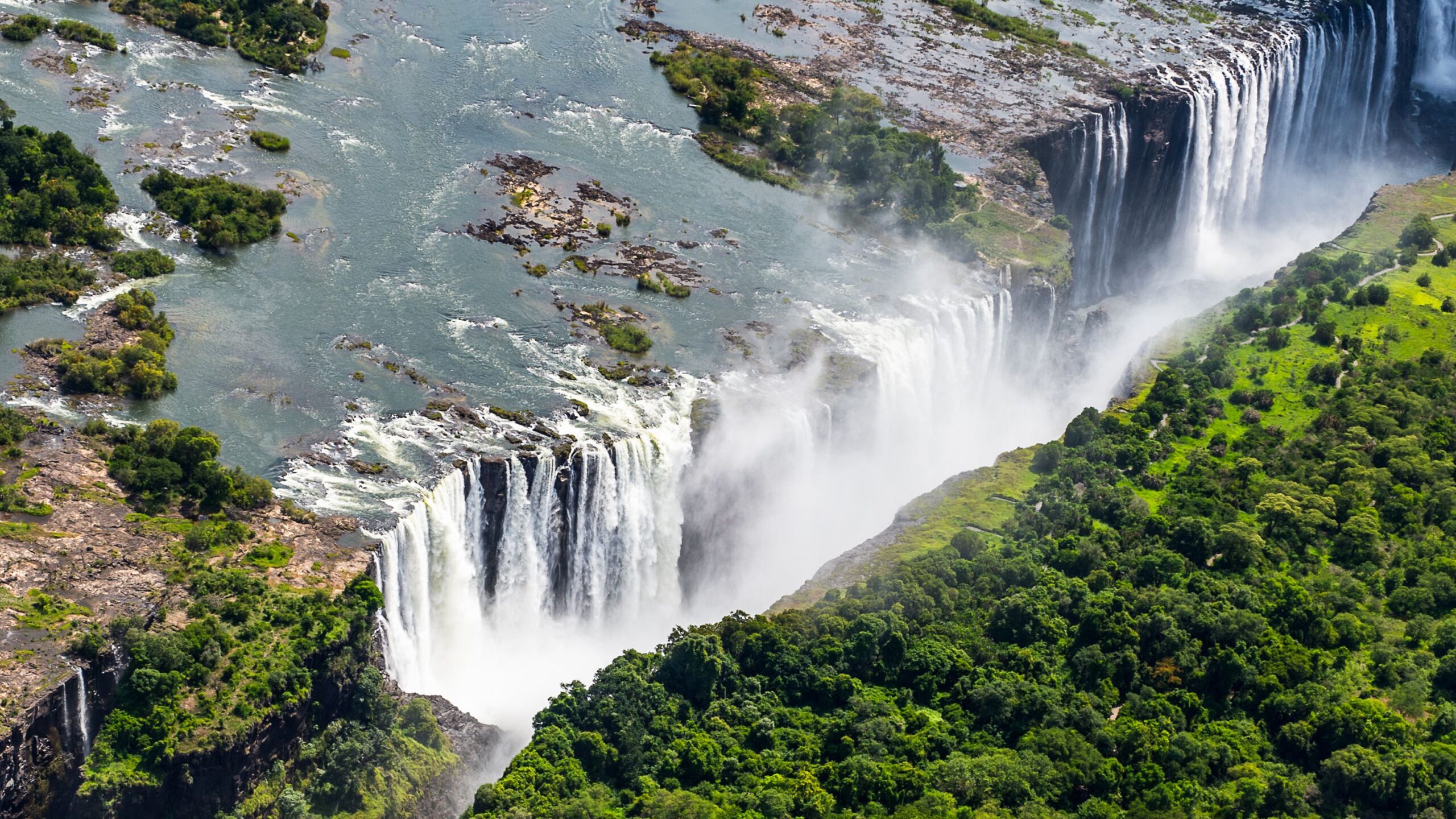
Nature-based tourism, including safaris and wildlife experiences, has become a powerful economic driver across Africa, generating billions of dollars annually. Countries like Kenya, Tanzania, and South Africa are at the forefront, attracting millions of tourists eager to experience Africa’s diverse and iconic wildlife in its natural habitat.
Kenya and Tanzania, with world-renowned parks like the Maasai Mara and Serengeti, draw visitors with the spectacular Great Migration, where massive herds of wildebeest and zebras traverse the plains in one of nature’s most awe-inspiring events. South Africa’s Kruger National Park, home to the Big Five—lions, leopards, rhinoceroses, elephants, and Cape buffalo—remains a popular destination for tourists from around the world.
In addition to revenue, wildlife tourism creates employment opportunities for local communities and supports conservation initiatives. Local guides, rangers, and conservationists play an integral role in safeguarding endangered species while helping visitors connect with Africa’s natural beauty. Additionally, eco-lodges and sustainable tourism practices have gained traction as countries prioritize environmental preservation and low-impact tourism.
Experts estimate that wildlife tourism contributes more than $29 billion to the continent’s economy each year, accounting for a significant share of GDP in countries with well-developed tourism sectors. This revenue helps fund conservation efforts, critical infrastructure, and educational programs, creating a cycle of sustainable economic growth and environmental protection.
While the future is bright for nature-based tourism, challenges such as habitat loss, climate change, and wildlife poaching threaten its sustainability. African governments, conservation organizations, and local communities are working together to implement stricter conservation measures and raise awareness about sustainable tourism practices, ensuring that Africa’s rich biodiversity can be enjoyed by future generations.
As global interest in sustainable and nature-based travel continues to grow, Africa’s tourism sector is poised for even greater expansion, offering economic benefits and an enduring legacy of wildlife conservation.
